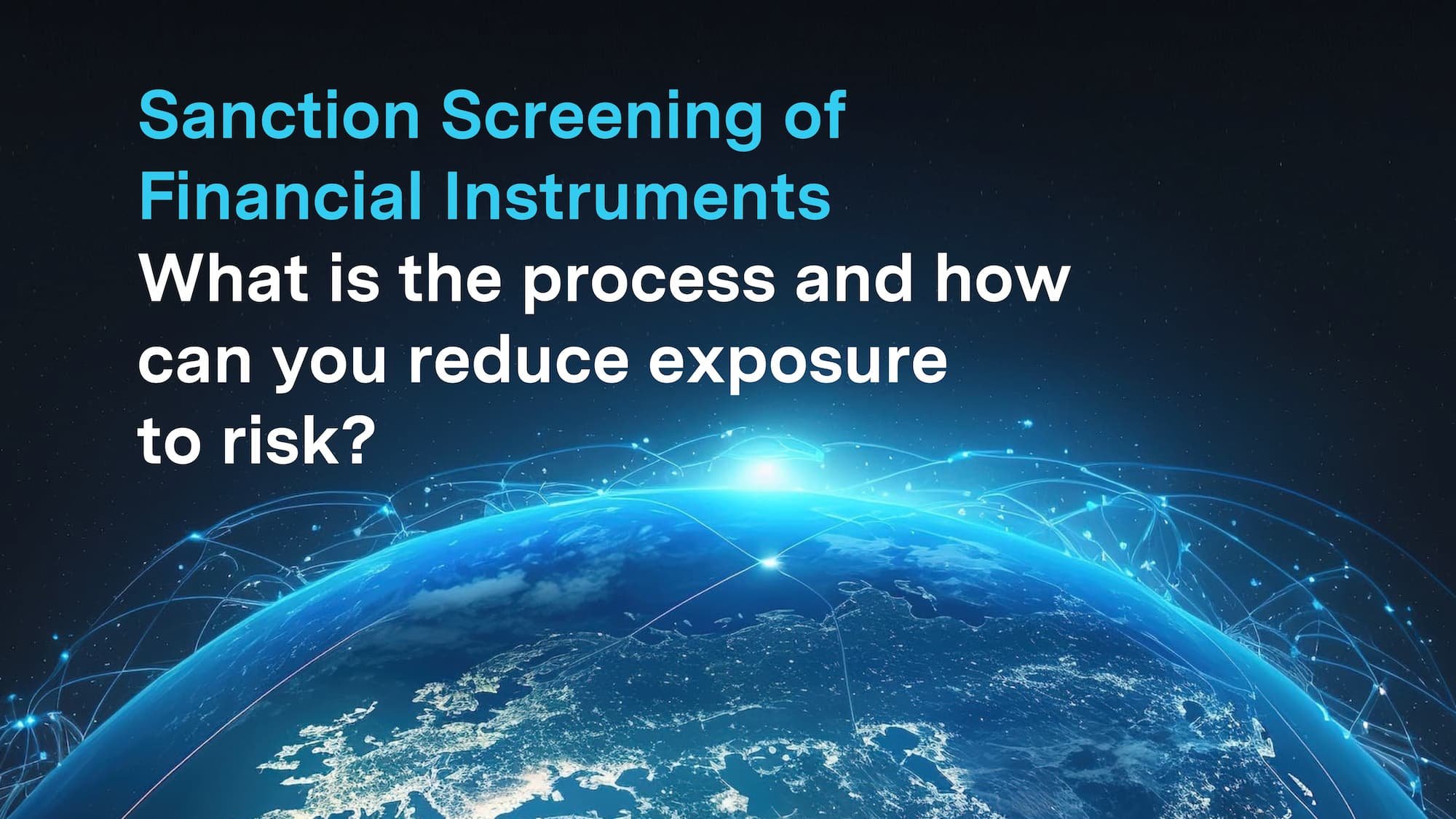
Insights
Explore expert insights on AI, Predictive Analytics, financial crime prevention and regulatory compliance. Our articles cover key topics including AML, KYC, sanctions screening, and emerging technologies - offering strategic perspectives, practical guidance, and thought leadership for organisations navigating an evolving risk and regulatory landscape with the help of the latest technology solutions.
Exploring the intersection of intelligence, regulation, and technology in a changing world.
Select Category
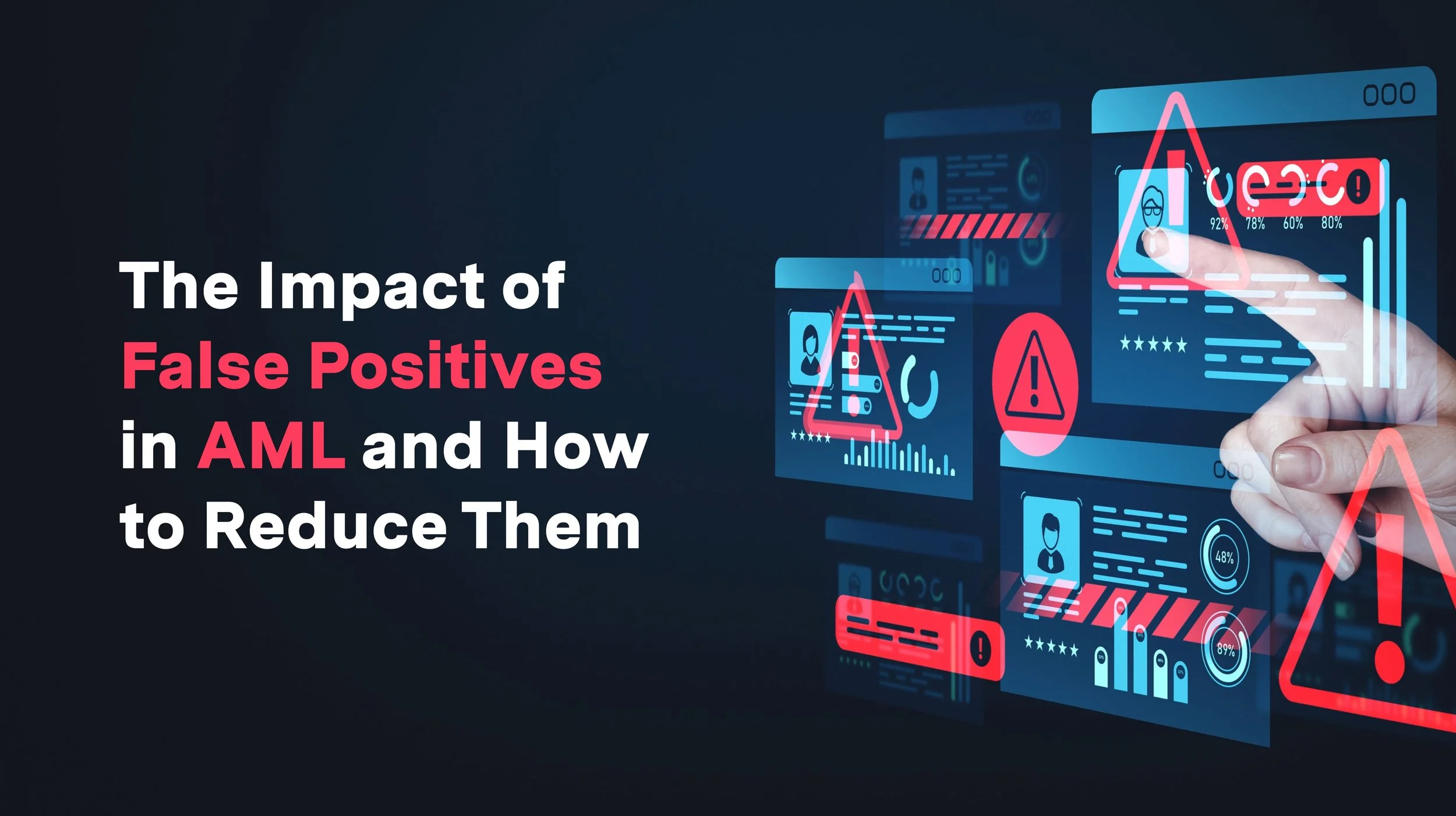
The Impact of False Positives in AML and How to Reduce Them
False positives in Anti-Money Laundering (AML) not only waste compliance resources — they also risk damaging customer relationships and delaying genuine alerts. This guide explores the root causes of AML false positives and offers practical, AI-driven strategies to reduce them while enhancing efficiency and customer trust.
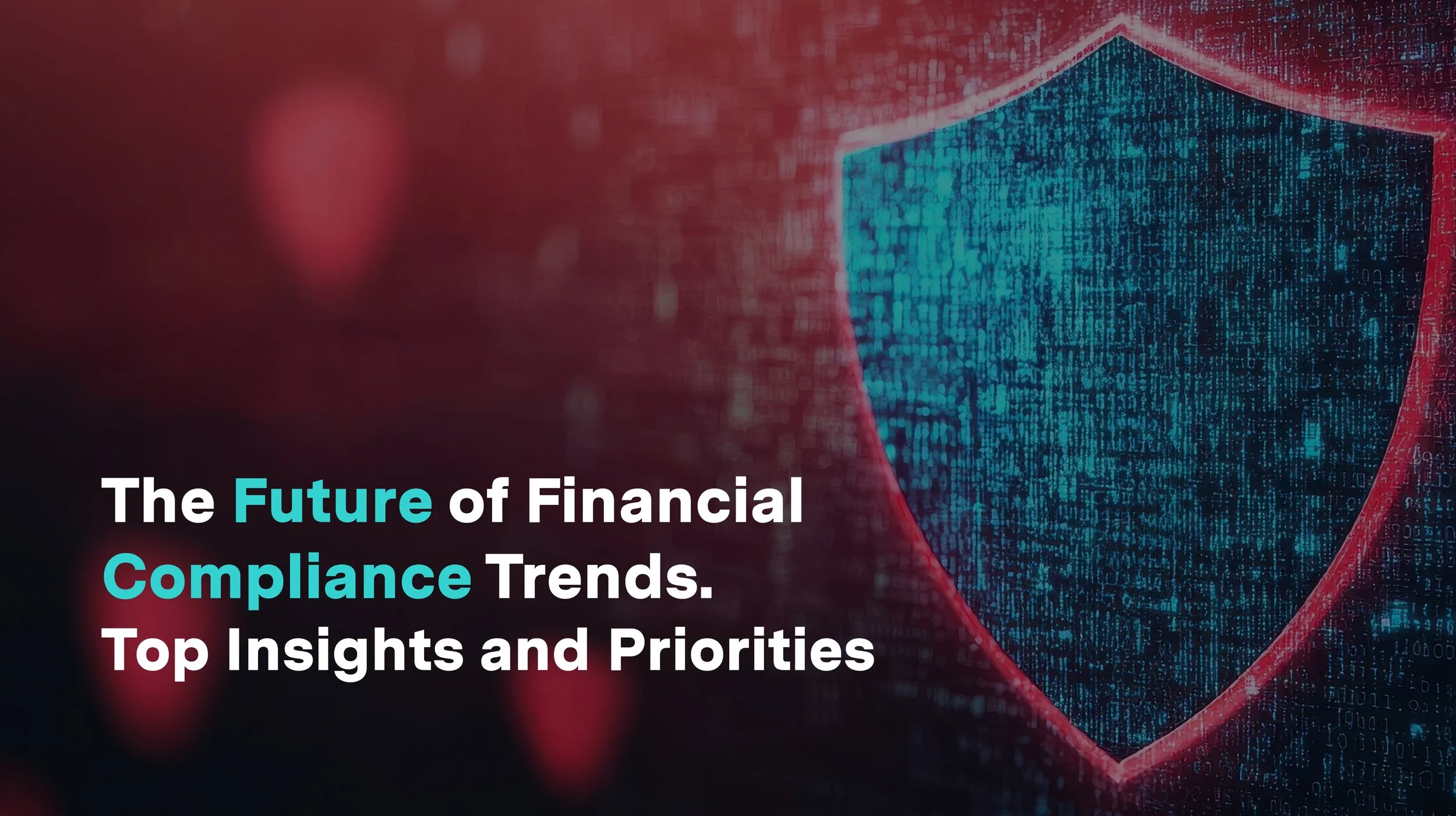
The Future of Financial Compliance Trends to Watch in 2025: Top Insights and Priorities
By 2025, the compliance landscape will be fundamentally reshaped. From AI-driven surveillance and federated learning to stricter crypto regulations and ESG integration, this article explores the transformative trends shaping financial compliance. Learn how institutions can stay ahead of regulatory complexity while improving detection, protecting data privacy, and streamlining operations.
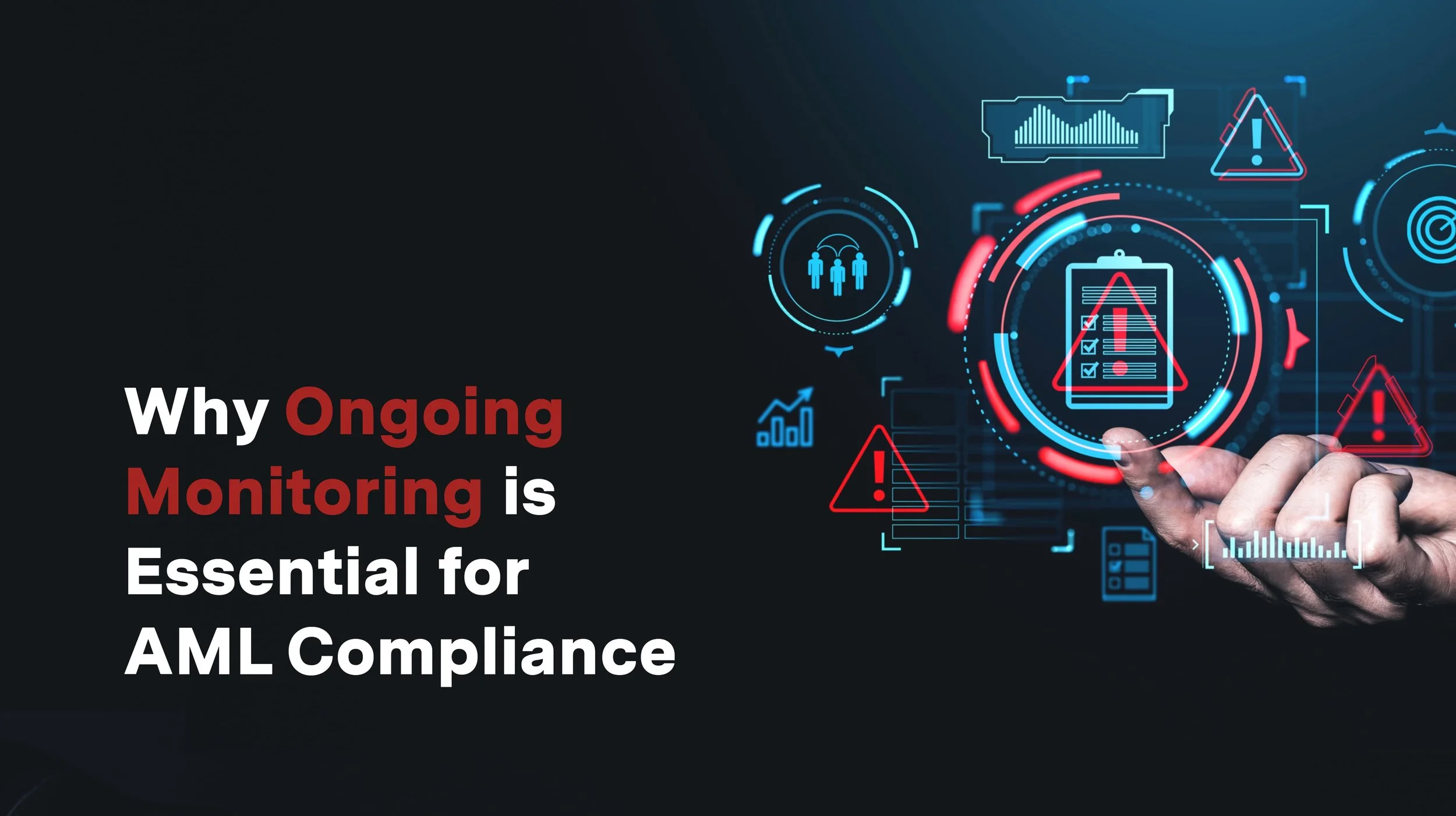
Why Ongoing Monitoring is Essential for AML Compliance: Key Benefits and Strategies
Ongoing monitoring is a critical pillar of any AML compliance framework. This article explores the core benefits of continuous surveillance, from real-time detection of suspicious activity to enhanced risk assessment and regulatory alignment. Learn how automation, risk profiling, and regular data updates can transform your compliance strategy and protect your institution from evolving financial crime threats.

Top Indicators: Insider Trading Red Flags How to Spot and Prevent Market Abuse
Learn how to detect and prevent insider trading by identifying key red flags—like unusual trading volumes and suspicious timing—before they escalate into market abuse. This guide explains how AI-driven monitoring, corporate governance, and real-time surveillance help maintain market integrity.
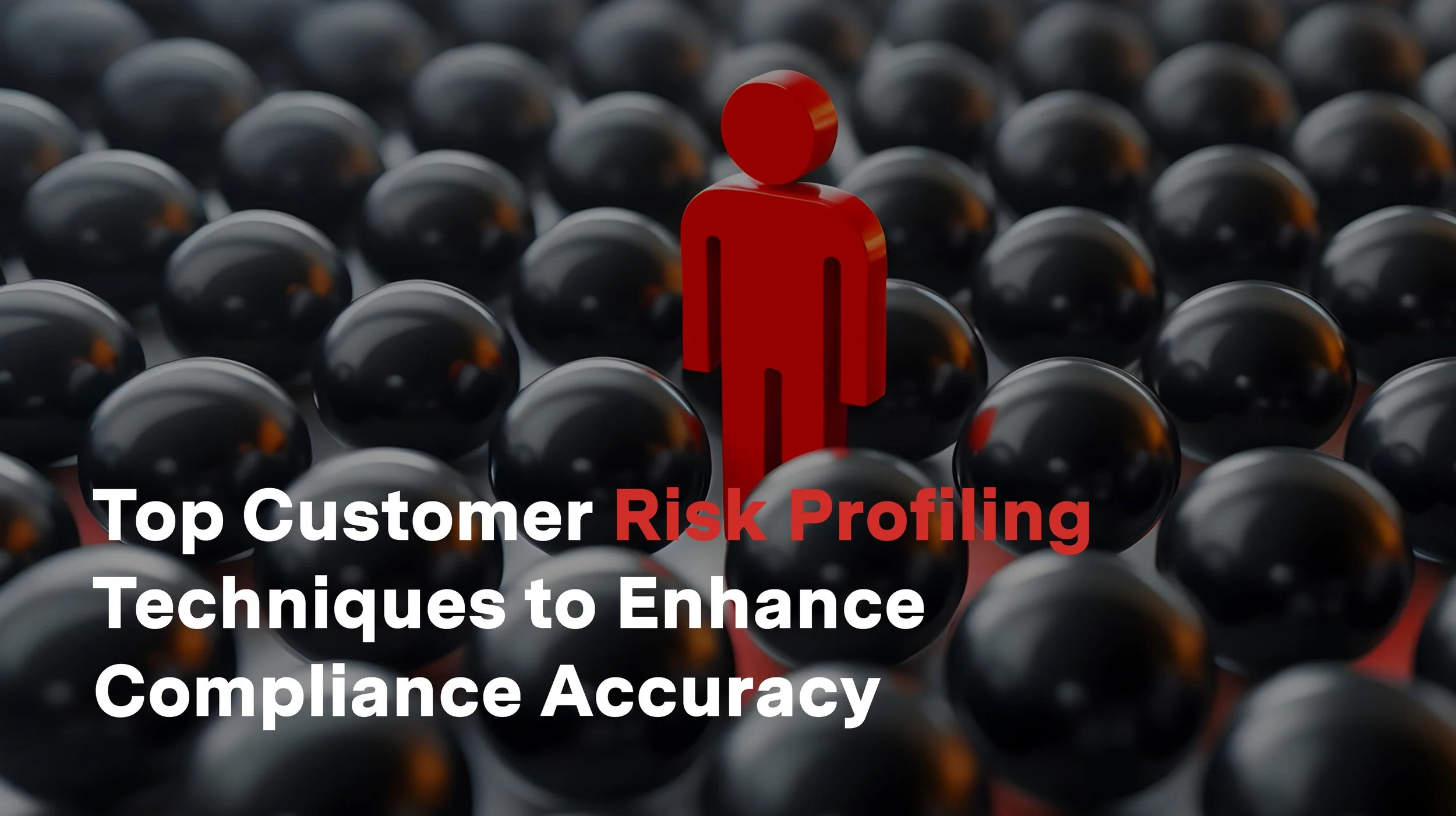
Top Customer Risk Profiling Techniques to Enhance Compliance Accuracy
Accurate customer risk profiling is essential for modern financial compliance. This expert guide explores key techniques like CDD, EDD, and AI-driven automation to help institutions identify high-risk customers, meet regulatory requirements, and proactively manage financial crime risk.
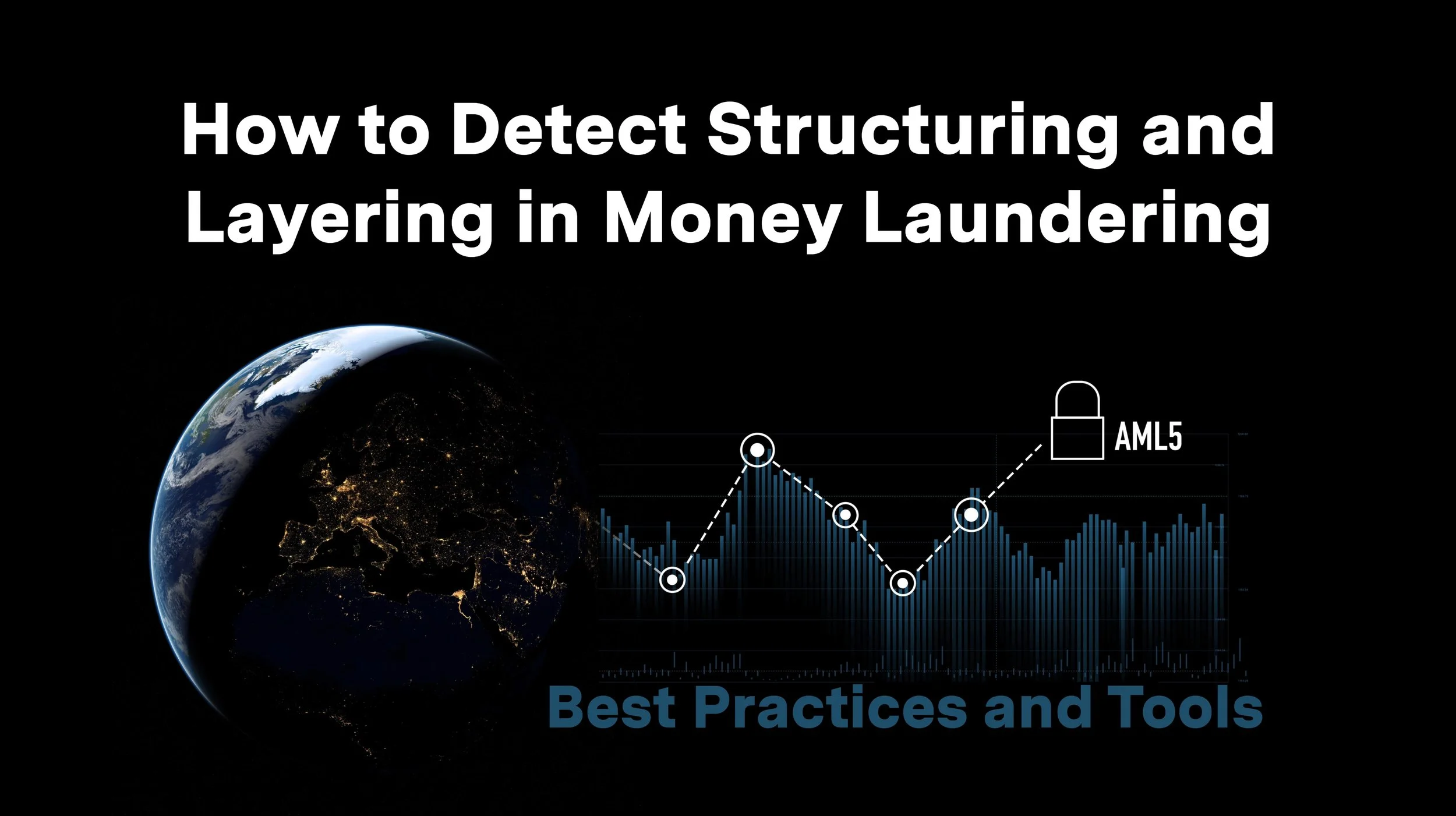
How to Detect Structuring and Layering in Money Laundering: Best Practices and Tools
Structuring and layering are core techniques in the money laundering cycle — and among the most difficult to detect. This guide explores how modern compliance teams can spot these behaviours using red flag indicators, real-time monitoring, and AI-driven analytics.

The Role of AI in Financial Crime Detection and Prevention: A Game-Changer for Risk Management
AI is transforming how financial institutions combat fraud, money laundering, and compliance fatigue. This article explores how machine learning, predictive analytics, and behavioural modelling are redefining risk management—enabling real-time detection, reducing false positives, and streamlining regulatory workflows.

Expert Guide: AML Risk Scoring - How to Build a Smarter Compliance Framework
AML risk scoring is the foundation of a smart compliance framework. This expert guide breaks down how to build dynamic risk models, assess key risk factors, and leverage AI to detect financial crime faster and more accurately.

How Behavioural Analytics Detects Emerging Fraud Patterns Effectively
Behavioural analytics is reshaping fraud detection by analysing user behaviour in real-time to detect emerging threats. This article explores how AI, machine learning, and behavioural biometrics work together to reduce false positives, identify anomalies, and proactively prevent financial crime.

How Real Time Transaction Monitoring Prevents Financial Crime
Real-time transaction monitoring empowers financial institutions to detect suspicious activity the moment it occurs. This article explores how AI, machine learning, and behavioural analytics enhance detection accuracy, reduce false positives, and help firms stay compliant with evolving AML regulations.
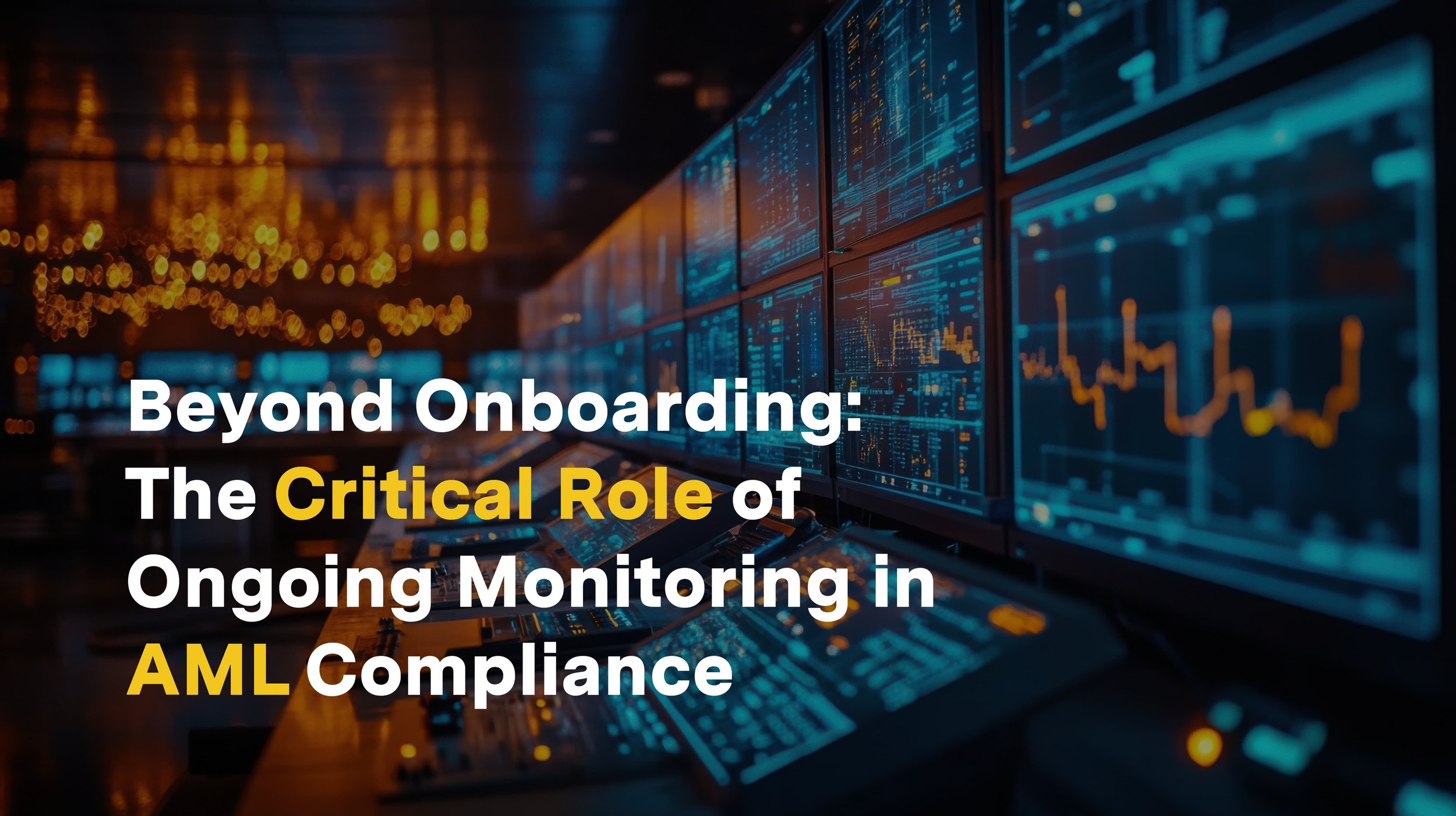
Beyond Onboarding: The Critical Role of Ongoing Monitoring in AML Compliance
Ongoing monitoring is a critical element of AML compliance, helping financial institutions detect and manage money laundering risks in real time. This article explores the key components, best practices, and technologies that support effective ongoing monitoring—while highlighting the consequences of non-compliance and the benefits of a risk-based approach.

Understanding Fin Crime: Compliance and Risk Management Guide
Financial crime costs trillions globally and threatens institutional integrity. This guide breaks down major threats like fraud and money laundering, and outlines key compliance measures, risk management tactics, and the role of AI and collaboration in defending against evolving financial crime risks.

Best Practices for Real-Time Risk Profiling and Personalised Risk Scoring
In today’s volatile compliance landscape, static risk assessments fall short. Real-time profiling and personalised scoring enable organisations to evaluate customer risk as it evolves — leveraging behavioural data, transaction monitoring, and AI to identify threats before they escalate. This article unpacks how dynamic scoring frameworks empower smarter decisions, improve compliance, and protect organisational integrity in real time.

Customer Screening & Due Diligence: Quantifying the Value, Qualifying the Risk
In an era of heightened regulatory scrutiny and sophisticated financial crime, businesses can no longer afford to view customer screening and due diligence as mere compliance checkboxes. These processes are now strategic imperatives—critical tools for managing risk, protecting reputation, and driving sustainable growth. This article explores how organisations can build a compelling business case for customer due diligence, combining both qualitative and quantitative approaches to identify high-risk clients, ensure regulatory alignment, and uncover actionable insights into customer behaviour. With the right investment in technology and methodology, due diligence transforms from a regulatory burden into a competitive advantage.

Mandatory or Optional? Understanding When to Apply Enhanced Due Diligence in Sanctions Compliance
Enhanced Due Diligence (EDD) plays a pivotal role in sanctions compliance, but knowing when it becomes mandatory versus when it's an optional safeguard can make the difference between regulatory resilience and reputational risk. This article demystifies the regulatory triggers—such as PEPs, high-risk jurisdictions, and complex ownership structures—and outlines how financial institutions can strategically combine EDD with sanction screening for more effective risk mitigation. Drawing on best practices, legal obligations, and real-world case studies, it offers actionable guidance for compliance professionals navigating today’s complex financial crime landscape.
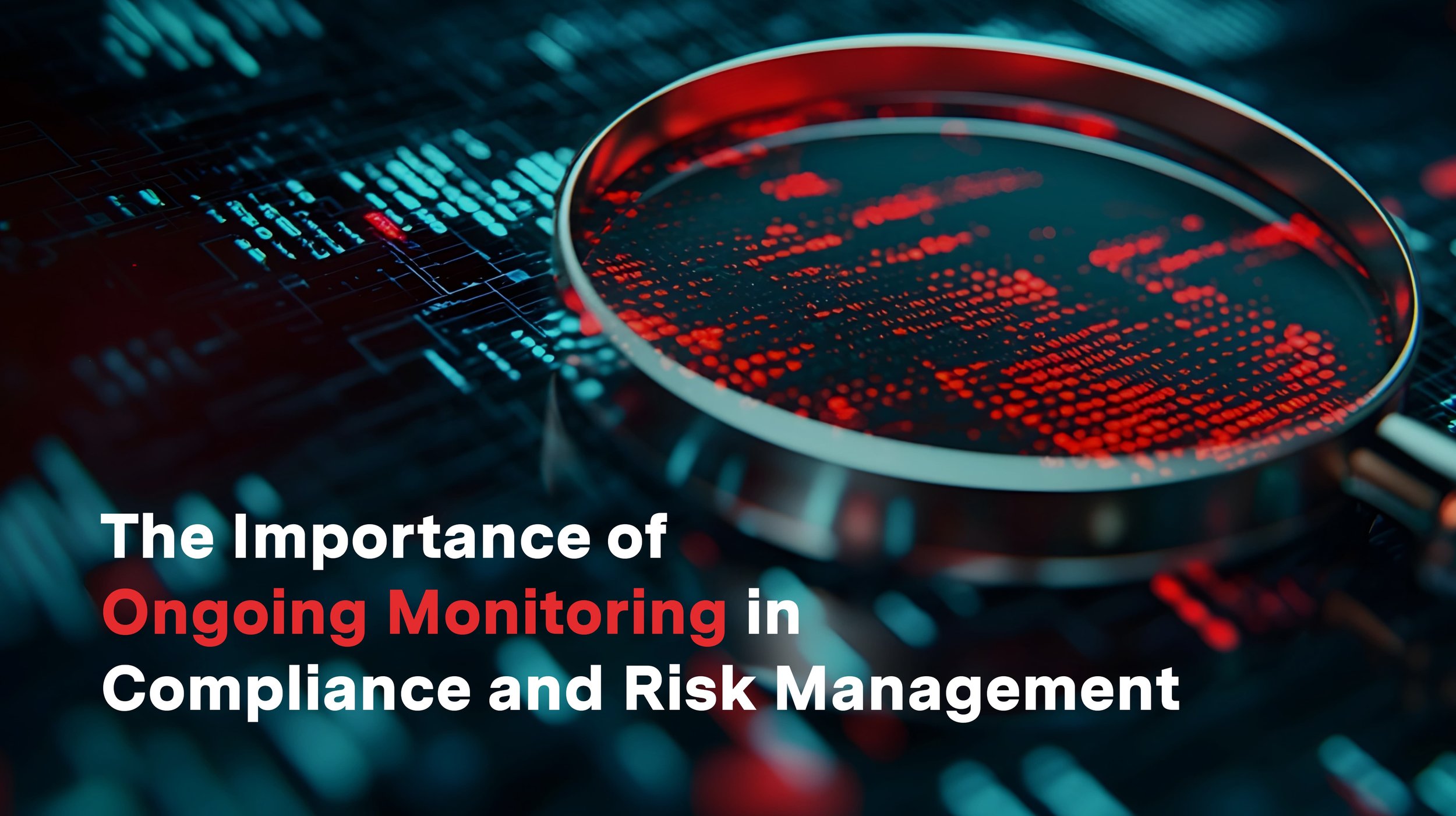
The Importance of Ongoing Monitoring in Compliance and Risk Management
Explore how ongoing monitoring fortifies compliance and risk management. Understand its role in AML and KYC, key components, and the impact of technology on proactive risk detection.
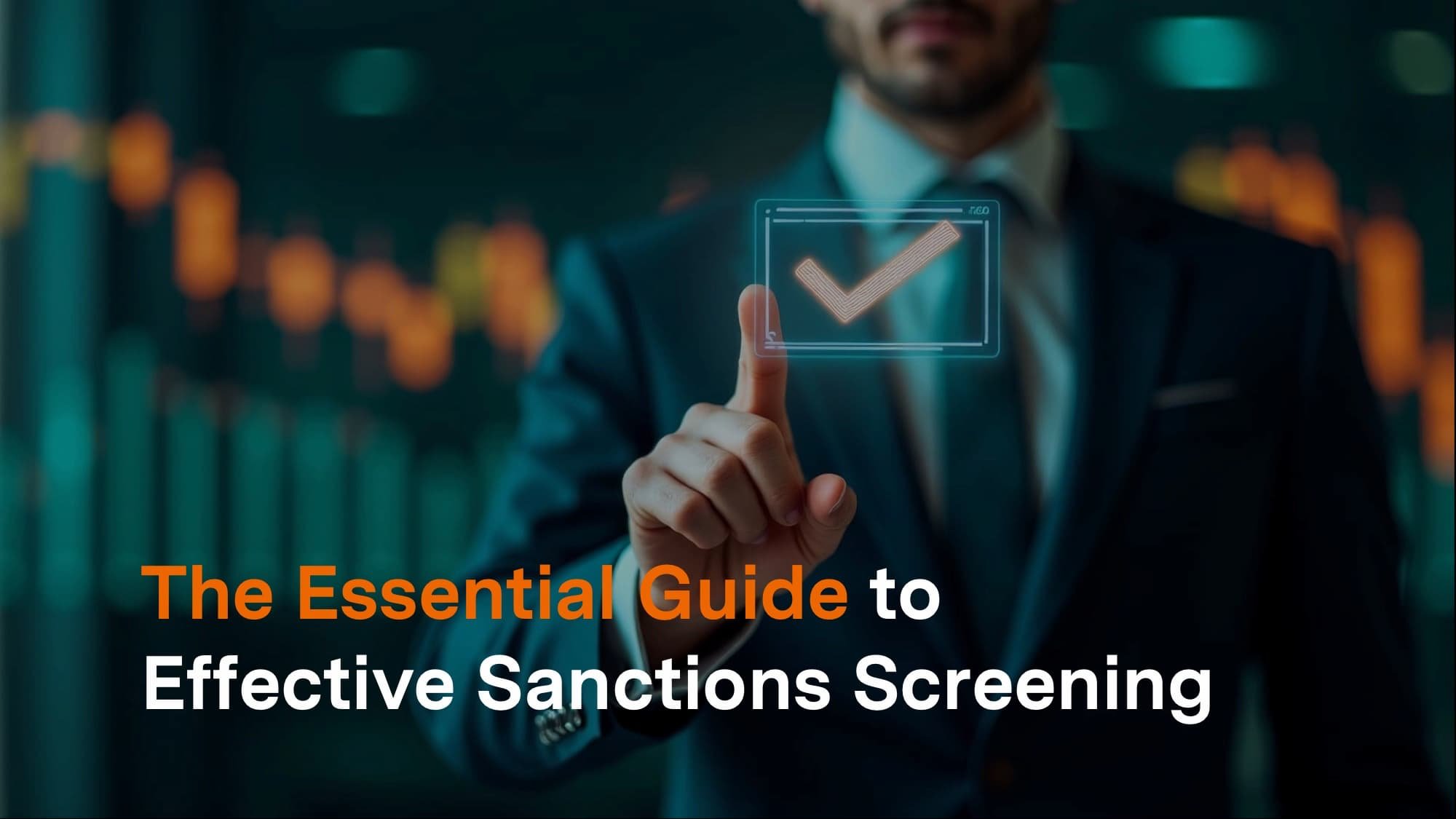
The Essential Guide to Effective Sanctions Screening
Explore the crucial role of sanctions screening in compliance. Discover best practices to protect your business and ensure regulatory adherence.
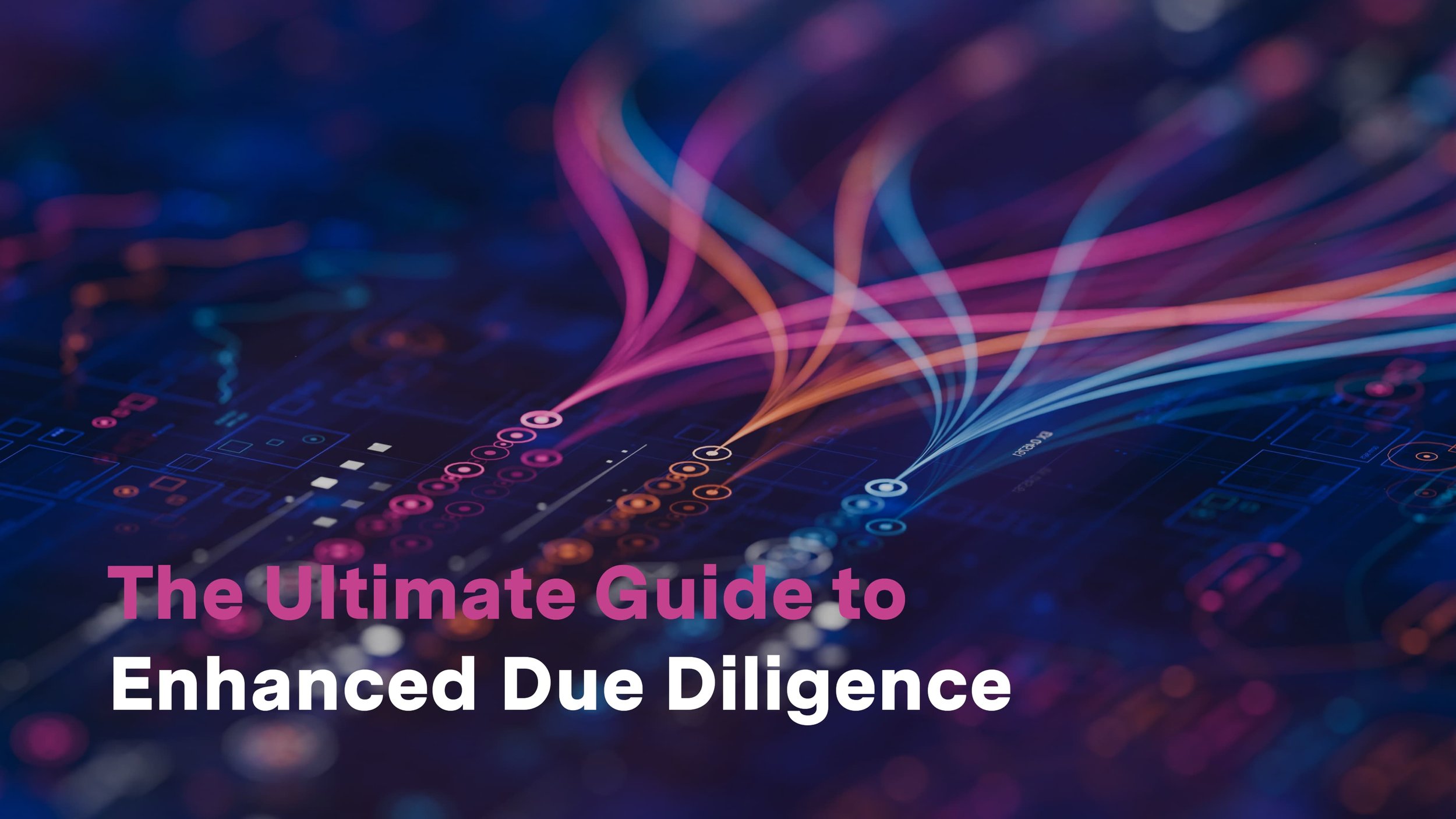
The Ultimate Guide to Enhanced Due Diligence (EDD)
Dive into the essentials of Enhanced Due Diligence (EDD) and its pivotal role in compliance. Understand how EDD processes help identify high-risk customers, ensure regulatory adherence, and protect your business from financial crimes.

Guide to KYC: Processes, Requirements, and Benefits
Understand the essentials of KYC processes, requirements, and benefits. Learn how robust identity verification enhances compliance and builds trust.
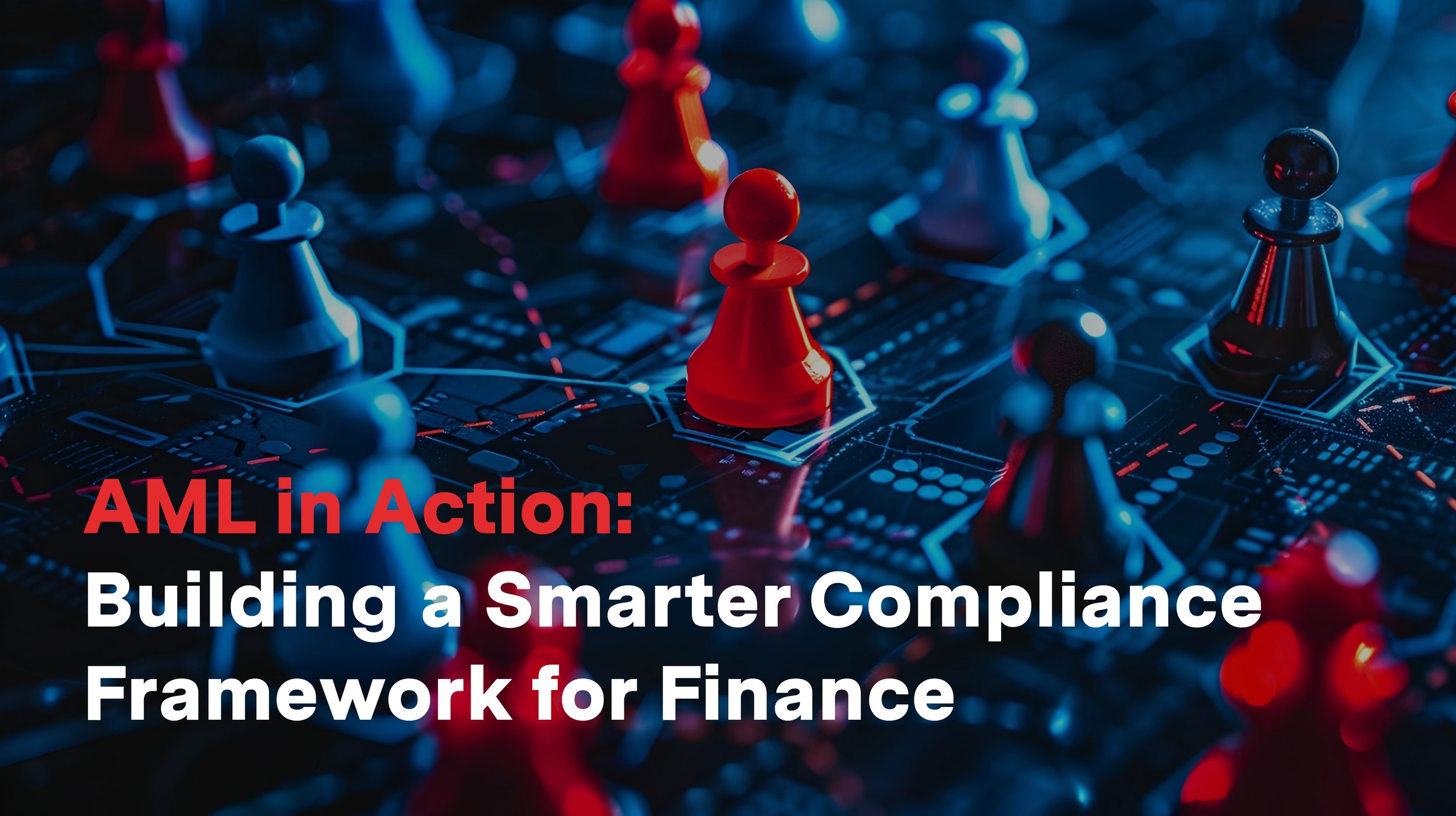
AML in Action: Building a Smarter Compliance Framework for Finance
Discover the critical role of money laundering checks in the financial industry. Understand best practices, compliance obligations, and how robust AML measures protect your institution from financial crime.



